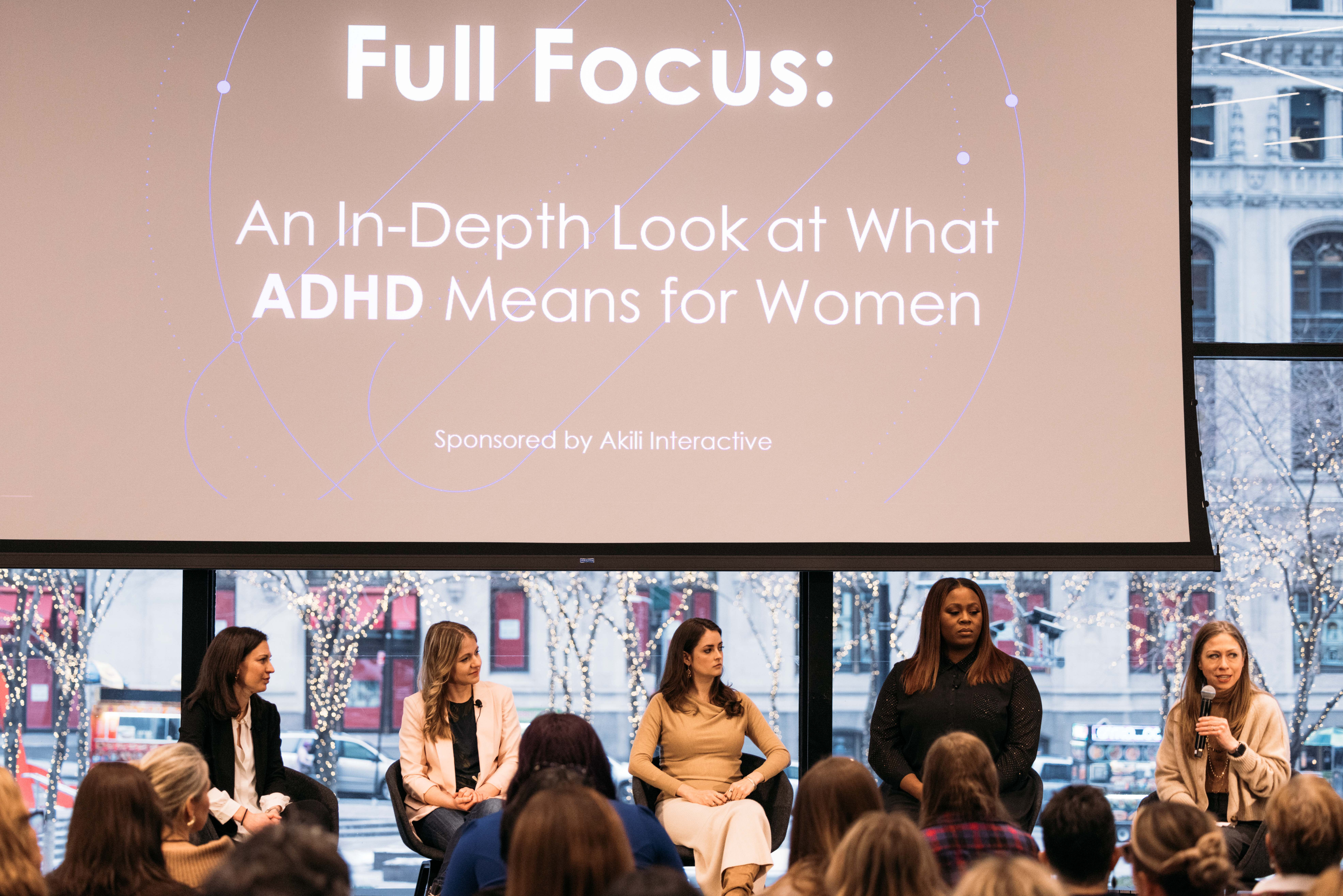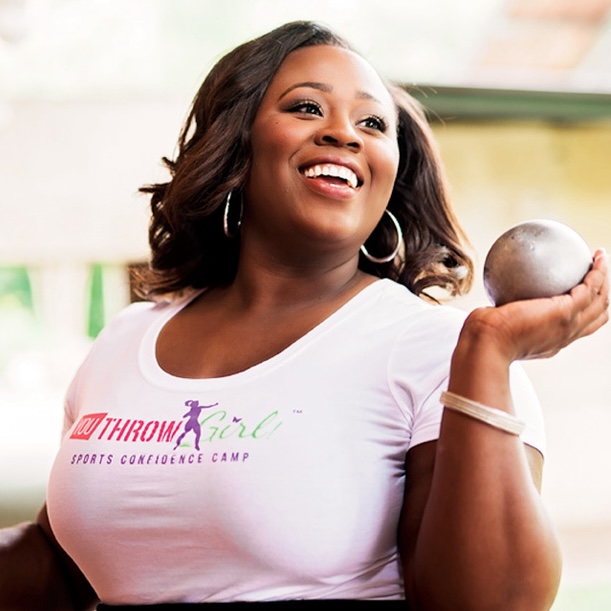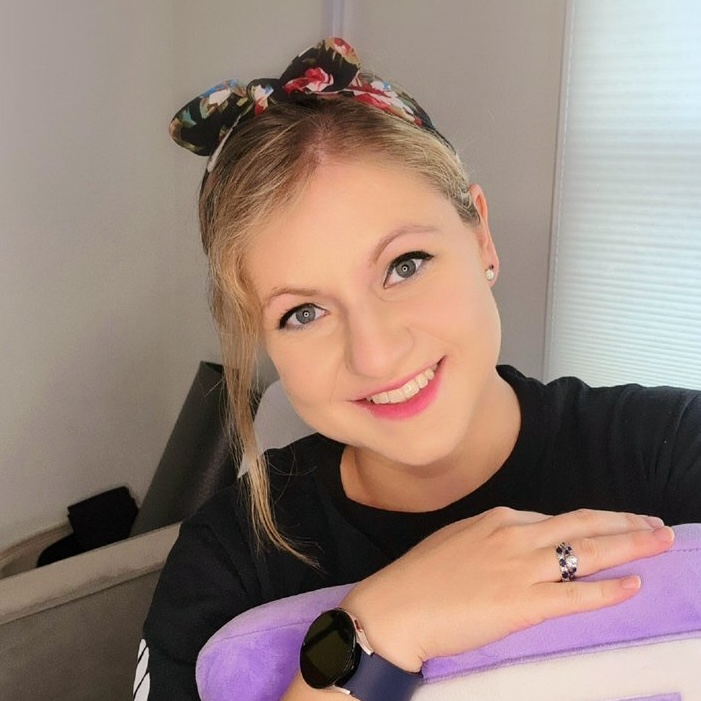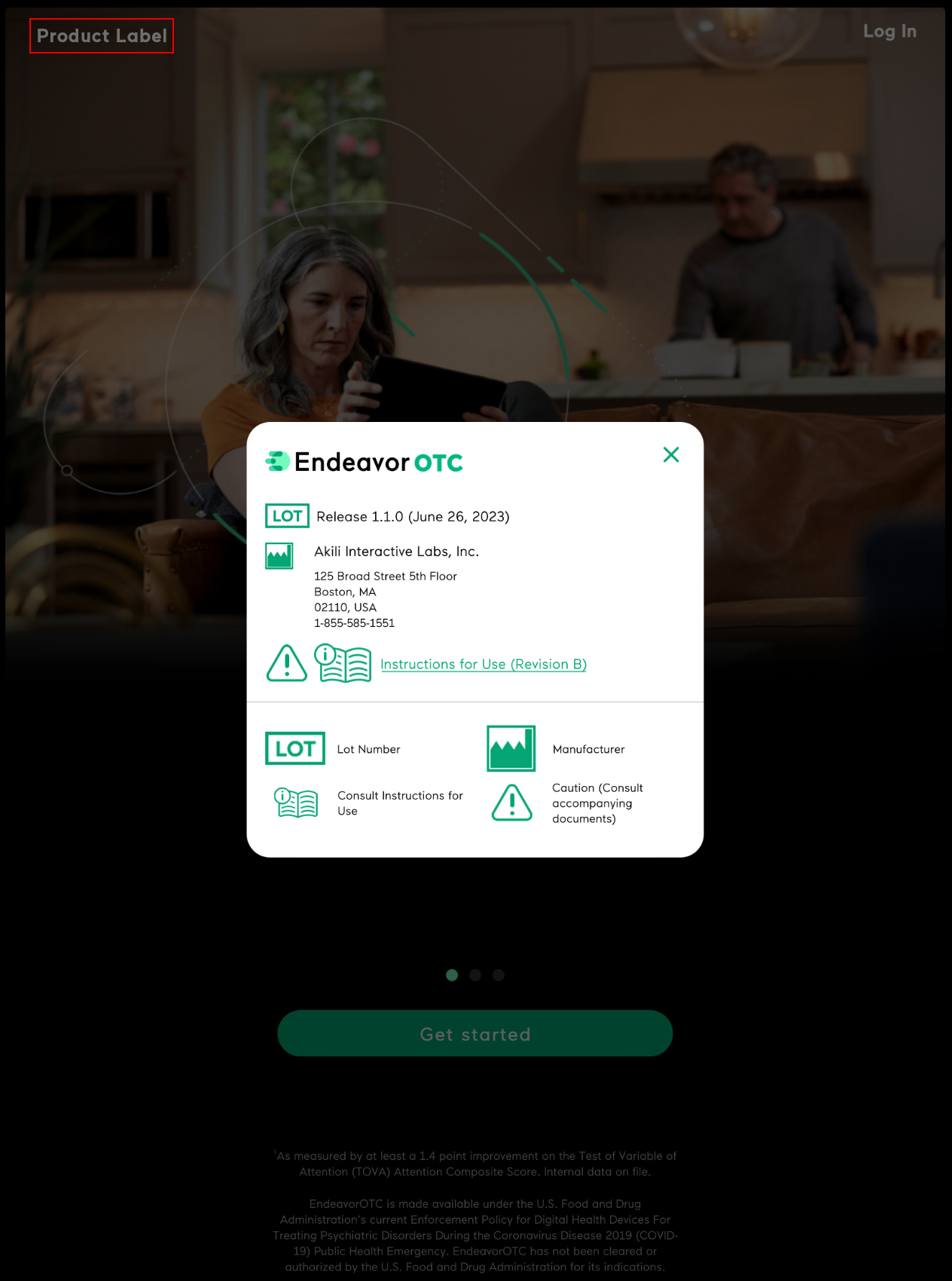4 Takeaways From Full Focus: An In-Depth Look at What ADHD Means for Women

ADHD diagnoses in adult women have nearly doubled since 2020, and that’s not because women begin exhibiting symptoms later in life. Until recently, ADHD research has focused almost exclusively on boys and men, leaving a gap in understanding around ADHD presentation in girls and women. Misdiagnosis and underdiagnosis don’t just lead to challenges in finding appropriate treatment, but they can also lead to feelings of shame and low self esteem in young women. Without understanding the root of the cognitive impairment, young girls often attribute their symptoms to their character, believing themselves to be lazy, unintelligent, or incapable.
We want to change this narrative by bringing these issues into public focus. We sought out four incredible women who have had both challenging and rewarding experiences with ADHD in their personal lives and careers. Akili, the company behind EndeavorOTC, invited them to the stage to share their research, resources, and learnings with us so others will feel more equipped to explore their own journeys with ADHD. The panel event, Full Focus: An In-Depth Look at What ADHD Means for Women, featured a discussion moderated by activist and longtime advocate for women’s mental health, Dr. Chelsea Clinton. The full panel featured:
Our Panelists
-
Dr. Julia Schechter, PhD: Licensed clinical psychologist, co-director at the Duke Center for Girls & Women with ADHD , and assistant professor at Duke’s Department of Psychiatry and Behavioral Sciences. Her research focuses largely on neurodevelopmental disorders, particularly ADHD and the diagnosis of ADHD in young children with co-occuring conditions.

-
Michelle Carter: Olympic shot putter, entrepreneur, motivational speaker, and founder of sports-confidence camp, You Throw Girl. Michelle was diagnosed with ADHD as a young girl and went on to win the gold medal in the 2016 Olympics, marking the first time an American woman had won an Olympic medal since 1960.

-
Jacqueline Trumbull: Co-host of one of our favorite mental health podcasts, A Little Help For Our Friends, a clinical psychology Ph.D. candidate at Duke University, and an alumni of The Bachelor.

-
Marie “Mxiety” Shanley: Talk show host, new mom, content creator, and gamer, focused on living with ADHD, depression, and anxiety. Marie was 28 before she was formally diagnosed with ADHD, and since then she’s shifted her approach from “fixing” her associated symptoms to understanding and accommodating them.

Our Moderator
-
Dr. Chelsea Clinton: Worked with numerous organizations, including the Clinton Foundation and the Clinton Health Access Initiative. She has been a lifelong advocate for issues related to women and girls’ empowerment, early childhood development, and improving access to health care.

Throughout the panel, participants discussed ADHD underdiagnosis in women, proper treatment during pregnancy and postpartum, navigating career and parenting obstacles, and more. Here are our four main takeaways.
1. ADHD is more than a nuisance
ADHD is often thought to bring minor impairment to patients’ lives: think leaving your keys in the freezer, forgetting the milk at the store, or losing the thread of conversation. But research has shown that girls and women with ADHD are also more likely to be diagnosed with depression, experience intimate partner victimization, and experience a teen pregnancy. Being aware of these correlations can help women and parents recognize these risks and identify the best treatment options to help mitigate negative outcomes.
2. Symptoms can look different in women
When asked to think about what ADHD looks like, a general audience will likely think of a school-age boy acting disruptive, energetic, or unable to sit still. In short, the “hyperactive” side of ADHD.
Girls and women are more likely to show inattentive symptoms than hyperactive symptoms; when they do, these symptoms can show up later in development. Women are also more likely to internalize their hyperactive symptoms, which means they’re not as apparent to others, including clinicians. Women with ADHD also commonly experience a comorbid anxiety or depression disorder, making it difficult to disentangle ADHD symptoms and receive a formal diagnosis. For all of these reasons, women are commonly underdiagnosed, misdiagnosed, or have symptoms attributed to another disorder.
3. Having a community is important
All of our panelists discussed the importance of a support network–whether that network consists of others with ADHD or loved ones who can help manage symptoms and navigate treatment options. This often looks like a supportive family, a partner, or friends, but equally it can be a community of strangers who have found each other virtually. Marie Shanley spoke about the powerful role her online community plays in helping her find strength and levity in her diagnosis.
4. Where there are challenges, there are also ADHD strengths.
While it’s important to remember that ADHD can cause significant challenges and impairment, when properly managed, ADHD can also bring certain superpowers. Adults with ADHD often show exceptional productivity, especially when their tasks align with their interests, involve high stress or challenging environments, or include new and varied elements. In other words, when people with ADHD are able to match up their environment with their strengths, they are often highly satisfied with their work, and can attain high levels of achievement.
“I feel like a bold and courageous person a lot of the time, I think I’m a creative person, very sociable, and able to make friends. When I think about my day-to-day, I think about how ADHD ruins my life. But when I think of my lifespan, I think about how it’s created my life. I think it is a superpower.”
Jacqueline Trumbull, Panelist
Another skill that individuals with ADHD often report is the ability to generate highly creative solutions to problems. People report seeking out novelty and variety, so roles that require adaptability, quick learning, and a range of responsibilities can lead to highly creative problem-solving.
The Akili team was exceptionally proud to bring these five incredible women together to share their stories and research. And we want to share it with the world! Watch the full video of the event below.
